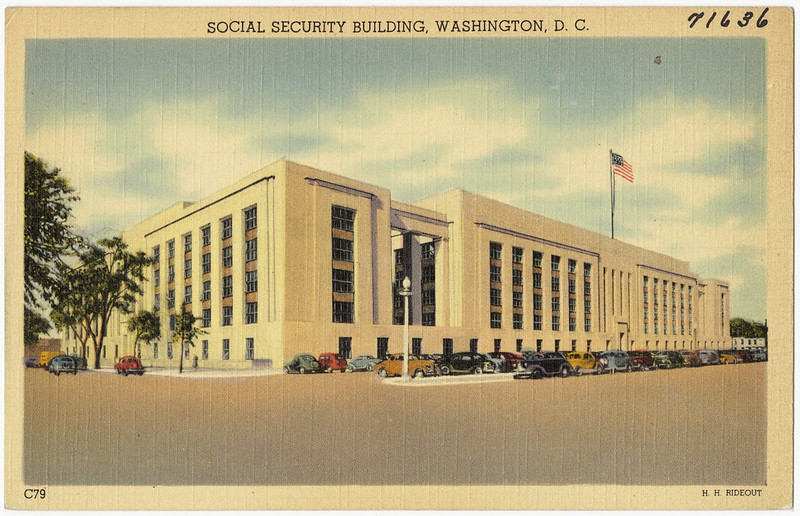
Social Security is the most successful anti-poverty program in American history. It’s also America’s most popular social program. How is that possible? It’s because of its ingenious design, the credit for which goes right to the top.
Before reviewing the history, though, let’s look at Social Security’s success: Over its 85-year history, it has reduced poverty among the elderly to the point that seniors today are less likely to live below the poverty line than other families (10 percent vs. nearly 12 percent). When you think about it, that’s incredible, given that less than 20 percent of people age 65 and older work. Estimates are that, were it not for these monthly checks, the poverty rate would be three times higher for seniors.
So do younger workers resent paying Social Security taxes? Not at all. Social Security enjoys near-universal approval ratings, with 87 percent of Democrats and 72 percent of Republicans saying they don’t mind paying Social Security taxes. (Actually, Social Security taxes are paid by both workers and their employers. Each pays 6.2 percent of the employee’s wages, up to about $127,200 a year. The combined contribution, then, is equal to 12.4 percent of wages.)
It gets better. Social Security isn’t just effective and popular; it’s also remarkably efficient, collecting more than $1 trillion a year in taxes and disbursing about the same. Its total administrative expenses for collecting taxes and distributing benefits are 0.6 percent of its budget (or a little more than half a percent). Is that good? Your auto insurance company retains about a quarter of its customers’ premiums as overhead. So, yes, that’s good.
So how did we get such an effective, popular, and efficient government program? It was the brainchild of President Franklin D. Roosevelt. By 1935, Roosevelt’s New Deal had taken many steps to put the economy back on its feet during the Great Depression, from reforming banks to undertaking a vast federal public works program that employed hundreds of thousands. Yet to complete the recovery, a way was needed to send financial assistance directly to families but do so in a way that did not feel like a handout.
FDR’s “simple and elegant solution“: Create a system requiring workers and their employers to contribute money that their parents or grandparents could receive right away—but give it the look and feel of a pension. This infusion of direct aid helped revive the economy in the short term, and in the long term reduced poverty among the elderly and gave workers the assurance that they could retire one day with some financial independence.
Roosevelt took other steps that made Social Security popular, including corruption-free administration, dedicated financing, and an independent oversight board. Social Security’s popularity has ensured its continuation, through Democratic and Republican administrations. Presidents of both parties have expanded Social Security’s taxes and coverage. And while it faces some long-term financial issues, its political support remains solid.
If you are among the vast majority of people who support this program or are one of its 68 million recipients, you can thank government for Social Security.
More information:
https://www.history.com/topics/great-depression/social-security-act
https://www.aarp.org/retirement/social-security/info-2015/social-security-program-history.html
Give the credit to: federal government
Photo by Boston Public Library licensed under Creative Commons.
[…] told you earlier that Social Security was the brainchild of President Franklin D. Roosevelt. Its companion in easing the financial hardships of the elderly, Medicare, was the brainchild of […]